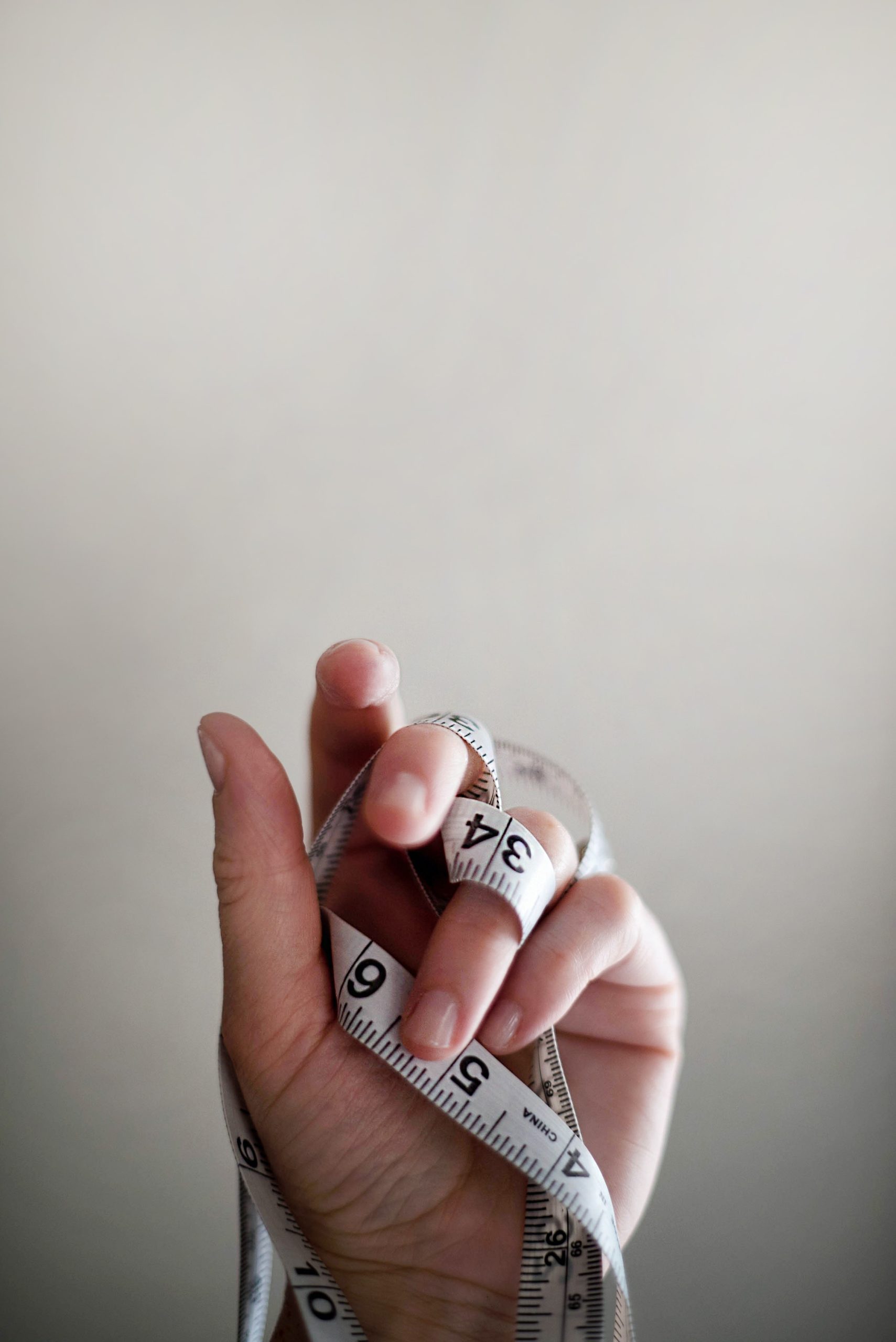Content warning: body dysmorphia, anxiety, eating disorders, body image
When I order a pair of pants in my usual size, I often feel like I’m losing oxygen trying to put them on. Before thinking that the company could just run their pants a size smaller, my mind immediately thinks I’m the problem. I begin wondering if I gained more weight and why my body is not “skinny” enough to fit into these jeans. Like me, millions of people feel the same way and begin blaming themselves in situations like these.
Sometimes, these instances of self-doubt can trigger or cause body dysmorphic disorder (BDD). Body dysmorphia is a mental health disorder involving the obsessive focus on a perceived flaw in appearance. Unfortunately, many women feel a sense of discontent or dissatisfaction with their bodies. It is essential to address this feeling because it can quickly morph into a serious health issue such as an eating disorder or body dysmorphic disorder.
Within the fashion industry, many factors cause anxiety or worry in consumers. Some stores only cater to a specific body type or a small size range. Brands like Lululemon, Torrid, Victoria’s Secret and more are blatantly geared towards specific women and they prove it through their marketing and models. Not being able to shop at these places or fit into a brand’s clothing is a very easy way to trigger someone’s BDD. They may start doubting themselves and become obsessed with that part of their body they now identify as a flaw. This is exactly how BDD can begin in a person. However, there are few things you can keep in mind to alleviate trigger points.
The first way is to be mindful of social media. There are countless triggers on social media apps telling people how they should dress, that they should seek validation from others and being exposed to hate comments. We often idolize the celebrities and influencers that come up on our feed and strive to look exactly like them. Social media influencers market products that are meant for weight loss or toning, and while those products are perfectly okay to purchase, they can be very triggering for people. We often forget that not every product that is promoted is healthy and clean and sometimes just marketed so the influencer can receive a check. Accounts that promote this type of content are best to stay away from because they can negatively affect your mental health. It is essential to remind yourself that your body doesn’t need to look like the model on your phone screen to be beautiful.
The next thing to keep in mind is that size does not define you. I sometimes shop at Lululemon which is a company geared toward very slim people. I end up buying clothes that are two or three sizes larger than my standard legging or t-shirt size as a result. It is insanely hard not to get bummed out when you see your waist size being such a high number, but I have to remind myself that I am not the one to blame – it is the company that makes their clothes a specific way. It is important to remember that you should be wearing clothes that make you feel comfortable and confident. It is easy to forget this advice but you have to remember you do not need to be a specific size to be beautiful, sizes are just numbers and are one of the last things that define you.
While feeling confident is much easier said than done, it is important to take baby steps so more people can avoid triggering themselves into feeling BDD. It is as simple as making body-inclusive clothing and advertisements or even just complimenting people. The way you perceive your body plays a huge factor in self-confidence and body positivity. Body positivity is next to impossible to attain if you are surrounded by brands, social media and the fashion industry itself trying to strip you of your confidence. Staying cognizant of your social media activity and surrounding yourself with people and ideas that promote body positivity could make it easier to cope with obsessive behaviors that stem from it.
- Is the Fashion Industry Causing Body Dysmorphia? - February 25, 2021
- Sweatpants Can Be Stylish - November 19, 2020
- Matthew Williams Brings a Refreshing Change for Givenchy - October 29, 2020


One reply on “Is the Fashion Industry Causing Body Dysmorphia?”
One of the factors which will trigger the obsession with a particular part is fashion. Within the style industry, there are many aspects that would induce anxiety or worry in certain consumers. For instance, if a brand only caters surely sizes, or makes certain pieces a particular size, then this might easily trigger BDD in someone as there would be a sense of confusion about themselves. This confusion could then become an obsession, and successively be the beginning of this particular mental disease.